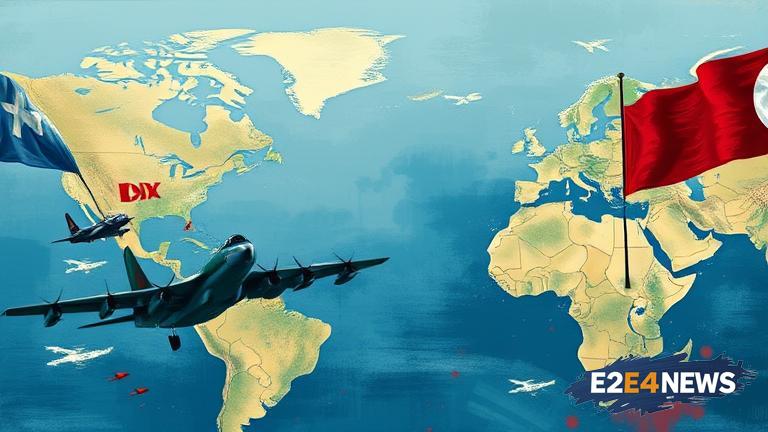The world is at a critical juncture, with rising tensions between major powers and an increasing risk of global conflict. To avoid the devastating consequences of World War III, experts are urging leaders to prioritize diplomacy and international cooperation. One key strategy is to strengthen existing international institutions, such as the United Nations, and to establish new frameworks for dialogue and negotiation. This could include regular summits between world leaders, as well as the creation of specialized agencies to address specific global challenges. Another approach is to promote economic interdependence, recognizing that countries with strong trade ties are less likely to go to war. This could involve negotiating new trade agreements, investing in joint infrastructure projects, and promoting people-to-people exchanges. At the same time, it is essential to address the root causes of conflict, including poverty, inequality, and political oppression. This requires a commitment to sustainable development, human rights, and the rule of law. Furthermore, the international community must work together to address global security challenges, such as nuclear proliferation, terrorism, and cyber threats. This could involve developing new technologies and strategies for defense and deterrence, as well as promoting international cooperation on counter-terrorism and non-proliferation. In addition, there is a need for greater transparency and accountability in international relations, including the establishment of independent media and fact-finding missions. The role of civil society is also crucial, with non-governmental organizations and community groups playing a vital role in promoting peace and reconciliation. Ultimately, preventing World War III will require a fundamental shift in how we think about international relations, recognizing that our collective security and prosperity are intertwined. This means moving beyond a narrow focus on national interests and embracing a more cooperative and inclusive approach to global governance. By working together and prioritizing diplomacy, international cooperation, and a commitment to peace, we can build a more stable and prosperous world for all. The consequences of failure are too great to contemplate, with the potential for widespread destruction, human suffering, and environmental devastation. Therefore, it is imperative that we take action now to prevent World War III and create a more peaceful and secure future. This will require leadership, vision, and a willingness to work together to address the complex challenges we face. The rewards of success are well worth the effort, with the potential for a more harmonious and cooperative world, where nations can thrive and prosper together. In conclusion, preventing World War III is a daunting task, but it is not impossible. With determination, creativity, and a commitment to peace, we can build a brighter future for all. The time to act is now, and the stakes are too high to wait. We must work together to prevent the devastating consequences of global conflict and create a more peaceful and secure world. The future of humanity depends on it. Moreover, the international community must also address the issue of climate change, which has the potential to exacerbate global tensions and conflict. This requires a concerted effort to reduce greenhouse gas emissions, invest in renewable energy, and promote sustainable development. Furthermore, the role of technology in preventing World War III must not be overlooked, with innovations in fields such as artificial intelligence, cybersecurity, and nuclear energy having the potential to both mitigate and exacerbate global risks. Ultimately, preventing World War III will require a multifaceted approach that takes into account the complex interplay of political, economic, social, and environmental factors that shape our world.
